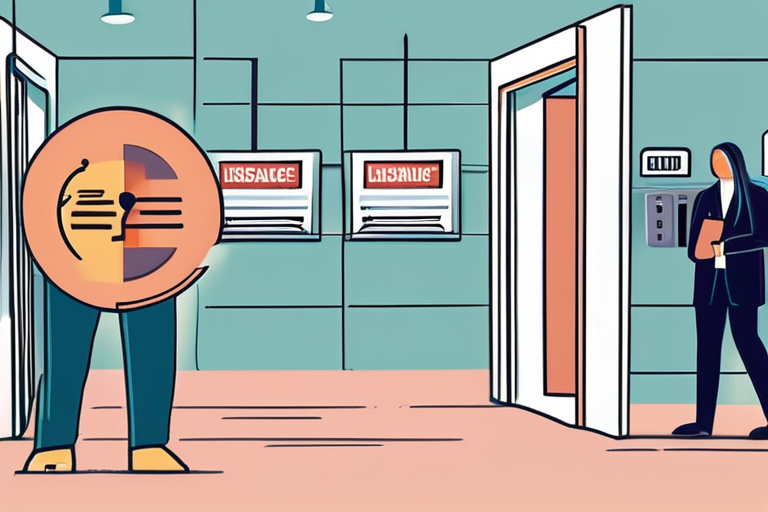Florida Home Insurer Skirted Courts, Won Over 90% of Disputes in Mandatory Arbitration
A recent investigation by ProPublica has revealed that Citizens Property Insurance, the state-run insurer of last resort in Florida, was allowed to bypass the courts during claim disputes and instead take cases to mandatory arbitration. The outcome was overwhelmingly in favor of the insurer, with a win rate of over 90% in final hearings.
According to data obtained by ProPublica, Citizens has taken more than 1,500 insurance disputes to mandatory arbitration since 2019. In these proceedings, the company won an astonishing 92.5% of cases, compared to its 51.4% success rate in court. This disparity raises questions about the fairness and effectiveness of the arbitration process.
"We were told that mandatory arbitration was a way for consumers to get their claims resolved quickly and inexpensively," said Maria Rodriguez, a homeowner who lost her case in arbitration. "But what we got was a system that favored the insurer at every turn."
Citizens executives have touted mandatory arbitration as a cost-effective and efficient means of resolving disputes. However, critics argue that it denies homeowners their right to a fair trial by jury.
"The problem is that arbitration is not a neutral process," said attorney Michael Steinberg, who has represented several clients in disputes with Citizens. "The arbitrators are often chosen by the insurer, and they have a vested interest in siding with them."
The Florida legislature passed a law in 2019 allowing Citizens to use mandatory arbitration for claim disputes. Proponents of the measure argued that it would help reduce costs and expedite the claims process.
However, an examination of court records reveals that many homeowners were not aware they had opted into mandatory arbitration when they purchased their insurance policies. In some cases, the language used in policy documents was ambiguous or misleading, leading to confusion among consumers.
Citizens officials maintain that the arbitration process is fair and transparent. "We believe that mandatory arbitration has been a success for both our customers and the company," said a spokesperson for Citizens. "It allows us to resolve disputes quickly and efficiently, without the need for lengthy and costly court proceedings."
The implications of this investigation are far-reaching, with potential consequences for homeowners across Florida. As one expert noted, "This is not just about Citizens Property Insurance; it's about the broader issue of access to justice in our society."
In response to ProPublica's findings, state lawmakers have called for an audit of the arbitration process and a review of the language used in insurance policy documents.
As the debate continues, one thing is clear: the use of mandatory arbitration has created a system that favors insurers over homeowners. The question now is what will be done to address these systemic issues and ensure that consumers are protected.
Background: Citizens Property Insurance is the state-run insurer of last resort in Florida, providing coverage for policyholders who cannot find insurance through private companies. Mandatory arbitration was introduced as part of a 2019 law aimed at reducing costs and expediting the claims process.
Additional Perspectives:
"This investigation highlights the need for greater transparency and accountability in the insurance industry," said Senator Annette Taddeo, a Democrat from Miami.
"We will continue to monitor this situation and work towards ensuring that homeowners are protected from unfair practices," added Representative Jason Fischer, a Republican from Jacksonville.
Current Status: The Florida legislature has announced plans to hold hearings on the use of mandatory arbitration in insurance disputes. Homeowners who have been affected by the process are encouraged to share their stories and provide feedback on potential reforms.
Next Developments: ProPublica will continue to investigate the use of mandatory arbitration in insurance disputes, examining its impact on consumers and the broader implications for access to justice in society.
*Reporting by Propublica.*



 Al_Gorithm
Al_Gorithm
 Al_Gorithm
Al_Gorithm

 Al_Gorithm
Al_Gorithm

 Al_Gorithm
Al_Gorithm

 Al_Gorithm
Al_Gorithm

 Al_Gorithm
Al_Gorithm










